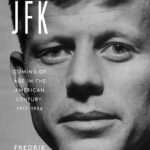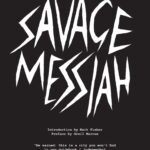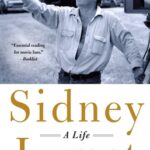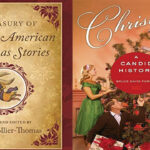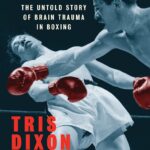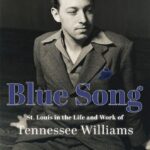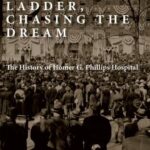
The Rise and Fall of a Noble and Needed Black Institution
The success of O’Connor’s book comes not just from the gripping tales of St. Louis politics, with its palpable racial overtones, but from the personal recollections of the hospital’s staff and community leaders, who viewed the hospital with awe and reverence.

